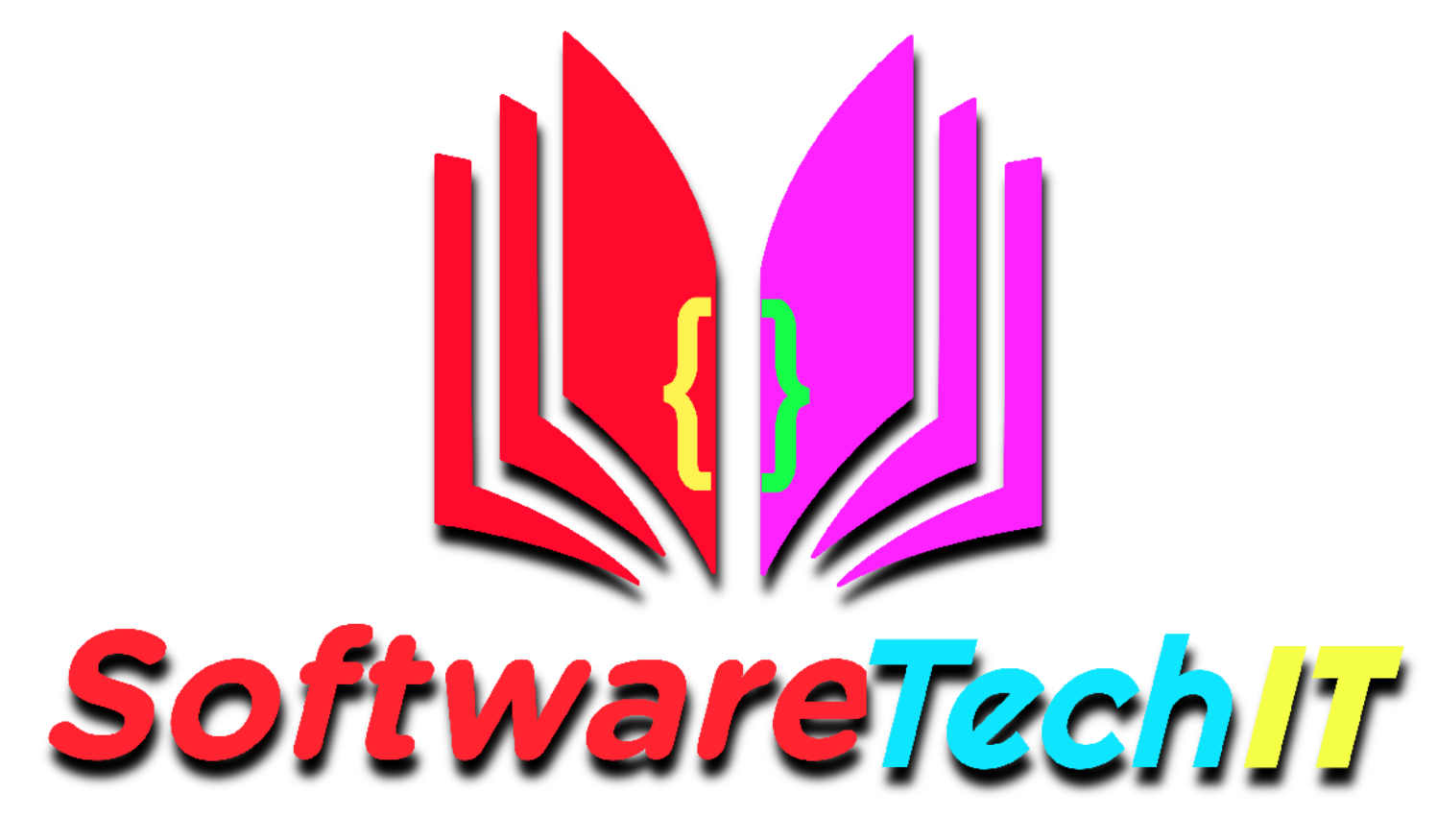Software Project Management Multiple Choice Questions with answers pdf for IT students who are preparing for academic and competitive exams.
Software Project Management MCQ with answers
1. The effective software project management focuses on four P’s – People, Process, Product, and Project. (True / False)
Ans. True
2. People Management Capability Maturity Model (PM-CMM) has been developed by ___.
Ans. Software Engineering Institute (SEI)
3. ___ must plan, motivate, organize and control the practitioners who do software work.
a) Project Managers
b) Senior Managers
c) Customers
d) End Users
Ans. a
4. Organization structure depends on the people working in it. (True / False)
Ans. False
5. Wheelwright and Clark define a continuum of organizational structures between two extremes, ___ organizations and ___ organizations.
Ans. Functional, Project
6. The realistic percentage for striving to work in Software Project Development is ___.
a) 40%
b) 80%
c) 50%
d) 100%
Ans. b
7. In flat structured organizations, work is more flexible and the employee does whatever is needed. (True / False)
Ans. True
8. In ___ organizations, work is organized into small workgroups and integrated regionally and nationally/globally.
Ans. Matrix
9. ___ organizations take the networked structure one step further by combining IT with traditional components to form new types of components.
a) Hierarchical
b) Flat
c) T-form (Technology-based)
d) Matrix
Ans. C
10. Team Leader is responsible for all aspects of the project. (True / False)
Ans. True
11. ___ manage hardware/software requirements for development, testing, validation, and production environments.
Ans. Logistics
12. ___ define testing procedures and certification process.
a) Software Support
b) Software Development
c) Software Management
d) Software Testing
Ans. d
13. Project Management is the application of knowledge, skills, tools and techniques to project activities to meet the project requirements. (True /False)
Ans. True
14. Interoperability has become a key characteristic of many systems. (True/ False)
Ans. True
15. Conducting structured meetings is a form of ___ communication.
Ans. Formal
16. ___ encompasses e-mail, or electronic dashboards, or video conferencing system.
a) Formal communication
b) Electronic communication
c) Informal communication
d) Interpersonal networking
Ans. B
17. Project implementation is the first stage in project development. (True / False)
Ans. False
18. The ___ stage determines the nature and scope of the development.
Ans. Initiation
19. Testing and Module Integration strategies are addressed in ___ phase.
a) Initiation
b) Implementation
c) Planning and Design
d) Maintenance
Ans. C
20. The project charter is a one-time announcement. (True / False)
Ans. True
21. The purpose of a ___ is to detail the work requirements for projects and programs that have deliverables and/or services performed.
Ans. Statement of Work (SoW)
22. IAPPM stands for ___.
Ans. International Association of Project and Program Management
24. The three most important factors that influence project management are ___, ___and ___.
Ans. Time, Cost, Scope
25. PERT stands for ___.
Ans. Program Evaluation and Review Technique
26. ___ do not highlight inter-task dependencies.
a) Gantt charts
b) PERT charts
c) Both a) and b)
d) None of the above
Ans. a) Gantt charts
27. The “spiral model”, documented in 1970 by Royce was the first publicly documented life cycle model. (True / False)
Ans. False
28. Most life cycle models can be derived as special cases of the ___.
Ans. Spiral model
29. ___ is the least flexible and most obsolete of the life cycle models.
a) Spiral model
b) Waterfall model
c) Throwaway prototyping model
d) Iterative / incremental development model
Ans. b) Waterfall model
30. CMM stands for ___.
a) Capability Maturity Model
b) Capacity Maturity Model
c) Customer Maturity Model
d) Common Maturity Model
Ans. A
31. Project scope, pros and cons are discussed in the initiation phase. (True/ False)
Ans. True
32. A semiformal way of breaking down the goal is called the ___.
Ans. Work Breakdown Structure (WBS)
33. Two general notations used for scheduling are ___ charts and ___ charts.
Ans. PERT, Gantt
34. The purpose of planning a project is to identify the sequence of activities as per their complexities and dependencies. (True / False)
Ans. True
35. COCOMO stands for ___.
Ans. COnstructive COst MOdel
36. In ___ mode the project is characterized by tight, stringent constraints and interface requirements.
a) Organic
b) Embedded
c) Semidetached
d) None of the above
Ans. b) Embedded
37. Budgeting in a business sense is the planned allocation of available funds to each department within a company. (True / False)
Ans. True
38. ROI stands for ___.
Ans. Return On Investment
39. ___ is a standard method for the financial appraisal of long-term projects.
Ans. Net Present Value (NPV)
40. Cost in a project includes software, hardware and human resources. (True / False)
Ans. True
41. A schedule provides the idea about the start and finishes dates of key activities or terminal elements of the project. (True / False)
Ans. True
42. PERT stands for ___.
Ans. Program Evaluation and Review Technique
43. ___ in an event indicates ahead of schedule. (Pick right option)
a) Positive slack (+)
b) Negative slack (–)
c) Zero slack
d) None of the above
Ans. a) Positive slack (+)
44. Booz Allen Hamilton, Inc. has developed a Gantt chart. (True / False)
Ans. False
45. ___, ___, ___, are examples of automated scheduling tools.
Ans. Microsoft Project, ABT’s Project Workbench for Windows, Symantec’s Timeline
46. Accelerating the project schedule is often termed as ___ of the schedule. (Pick right option)
a) Breaking
b) Crashing
c) Speeding
d) None of the above
Ans. b) Crashing
47. Most cost estimates are determined in terms of ___.
Ans. Person-Months (PM)
48. ‘Work expands to fill the available volume’ is ___ principle.
a) Parkinson’s
b) James’s
c) John’s
d) None of the above
Ans. a) Parkinson’s
49. COCOMO model was developed by Parkinson. (True / False)
Ans. False
50. If there is a certain probability that the objectives of the project will not be achieved, this risk should not be reported to higher management. (True / False)
Ans. False
51. Risk the combination of both the possibility of occurrence of adverse event and the impact of such bad event. (True / False)
Ans. True
52. When there are disagreements between the project lead and overall project manager, the same can be resolved through ___.
Ans. Change control board
53. A ___ is a discrepancy between how a requirement was mentioned and how the same requirement is implemented. (Pick right option)
a) Defect
b) Change
c) Risk
d) None of the above
Ans. a) Defect
54. Tom DeMarco stated, “You can’t control what you can’t measure”. (True / False)
Ans. True
55. ___ is the statistics gathered over the course of the execution of the project.
Ans. Software Metric
56. ___ is a software package used for preparing earned value analysis. (Pick right option)
a) MS Project
b) Primavera
c) Lotus Notes
d) None of the above
Ans. b) Primavera
57. Status meetings and status reporting are required for a medium-size project. (True / False)
Ans. True
58. ___ is a set of practices originally developed by Motorola to systematically improve processes by eliminating defects.
Ans. Six Sigma
59. Six Sigma is a registered service mark and trademark of ___. (Pick right option)
a) Microsoft
b) Sun Microsystems
c) Motorola
d) None of the above
Ans. c) Motorola
60. ___ involves activities like typical strategies, processes, techniques, and tools involved in containing the adverse impacts of risks on the software project.
Ans. Software risk management
61. Software Configuration Management (SCM) is an umbrella activity that is applied throughout the software process. (True / False)
Ans. True
62. A ___ becomes the basis to further elaboration of Project plan and the Software Requirement specification as the project progresses.
Ans. Scope and Vision document
63. A ___ has a name, attributes, and is “connected” to other objects by relationships.
Ans. Configuration Object
64. Software configuration management is not an element of software quality assurance. (True / False)
Ans. False
65. Two types of objects that can be identified in configuration management are ___ and ___.
Ans. Base Objects, Aggregate Objects
66. ___ combines procedures and tools to manage different versions of configuration objects that are created during the software process.
Ans. Version Control
67. For a large software engineering project, uncontrolled change rapidly leads to chaos. (True / False)
Ans. True
68. The results of the evaluation are presented as a change report, which is used by a ___.
Ans. Change Control Authority
69. ___ helps to eliminate the problems by improving communication among all people involved.
Ans. Status Reporting
70. ___ can take place at any time during the project, though the sooner the better. (Pick right option)
a) Risk assessment
b) Risk management planning
c) Risk resolution
d) Risk prioritization
Ans. a) Risk assessment
71. Project risks are those risks that could result in project slippage, budget constraints related issues, and resource and customer requirement related issues. (True / False)
Ans. True
72. ___ threaten the applicability of the software product being built.
Ans. Business risk
73. ACAT stands for ___.
Ans. Avoid, Control, Accept or Transfer
74. The risk associated with the degree of uncertainty that the project schedule will be maintained and that the product will be delivered on time is a schedule risk. (True / False)
Ans. True
75. The risk associated with the degree of uncertainty that the resulting software will be easy to correct, adapt and enhance is a ___.
Ans. Support risk



















0 Comments